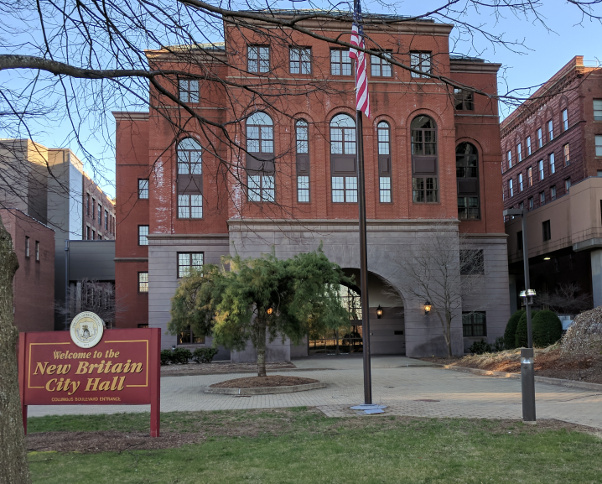
Rep DeFronzo Praises Lamont Special Education Proposal, Urges Approval of Special Education Legislation
State Rep Dave DeFronzo (D-26) is praising a $54 million in funding for special education funding proposed by Gov Ned Lamont (D) in his proposed state budget.
DeFronzo, who is sponsoring House Bill 5100, introduced by Rep Maryam Khan (D-5), “to improve the quality and delivery of special education services across the state,” said that, “The number of students with disabilities has increased almost 9% over the last five years. These students need services that can be costly to school districts, like New Britain, and in some cases require out of district placements.”
DeFronzo added, “In New Britain, almost 24% of students are classified as having some form of disability and funding for their programs is critical.”
DeFronzo’s office says that, “The plan, in Governor Lamont’s budget, calls for an additional $54 million for Special Education Services to help Connecticut cities and towns shoulder the cost. Governor Lamont’s proposal calls for $14 million in competitive grants for in-district programs, plus $40 million in the second year of the budget cycle to offset the cost of the most expensive cases.”
“In 2024,” DeFronzo’s office said, “the General Assembly made several large investments in students and schools including protecting the investment in K-12 education, continuing the accelerated phase-in of the ECS formula, and maintaining the cap on general education tuition charged by magnet schools and AgriScience programs. However, the issue of special education funding and how best to assist chronically underfunded districts has remained.”
DeFronzo says that, “New Britain homeowners fund about 56% of local education expenses. If the state can take on some of those costs, it should reduce the burden on homeowners and working families.”
DeFronzo also says that, “The state hasn’t adjusted the foundation amount of ECS money since 2013, which means our school districts are trying to pay for services in 2025 dollars, yet they are being funded like it’s 2013. This puts a huge burden on local communities.”



